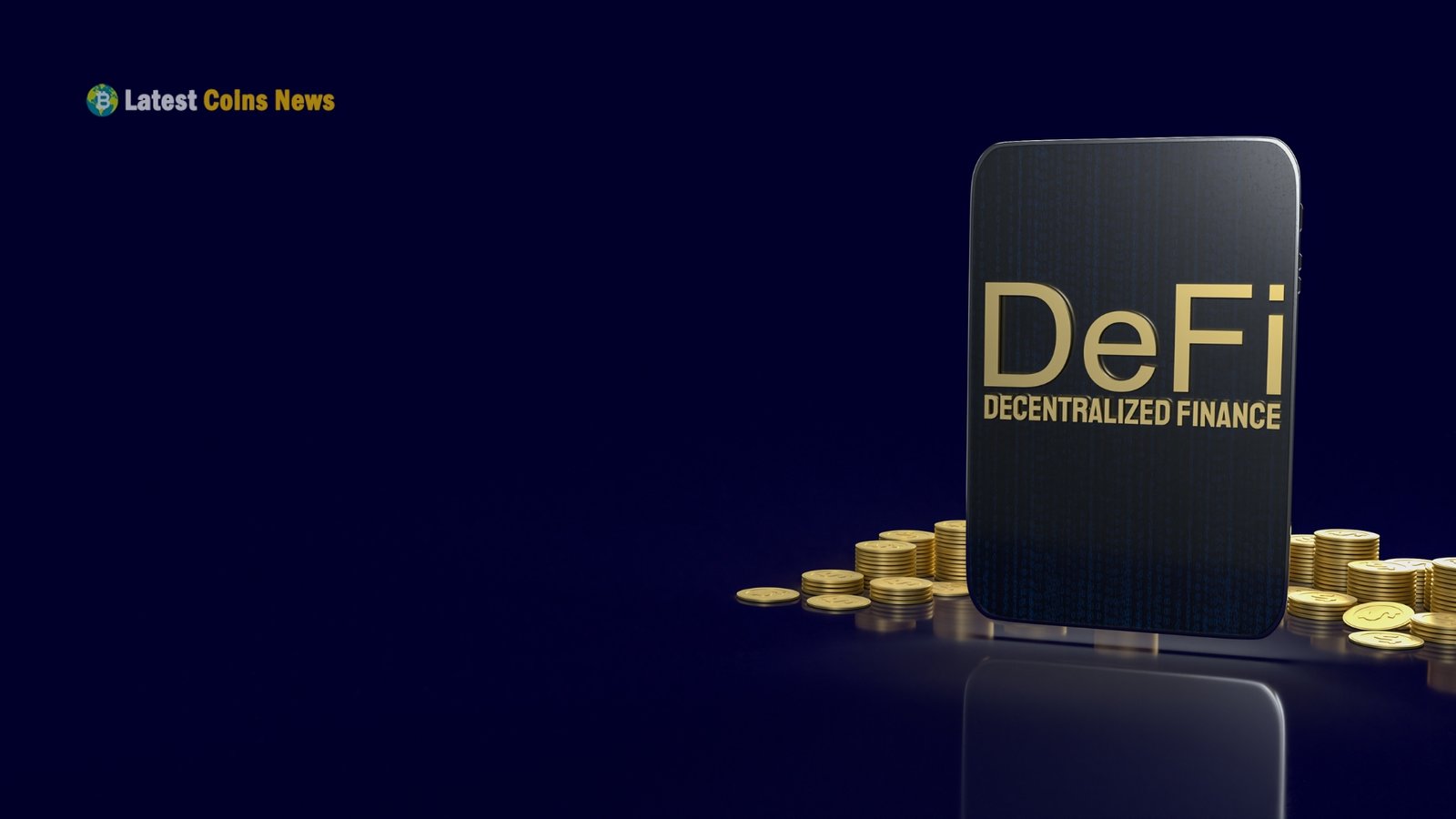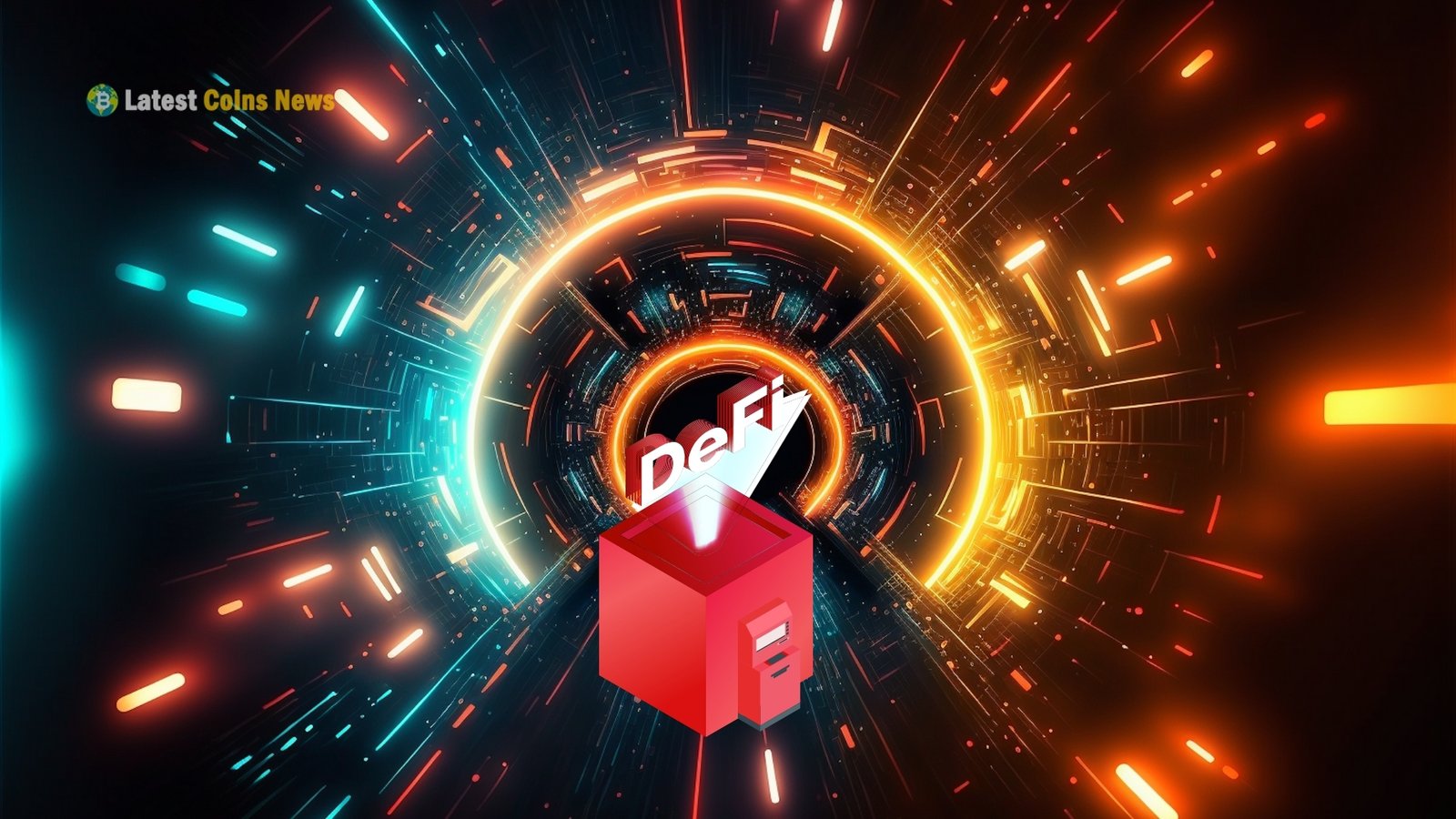DeFi Technologies Bitcoin: Revolutionizing the Financial Landscape

Defi Technologies Bitcoin: There has been a watershed moment in the history of digital finance with the merging of Bitcoin with decentralized finance (DeFi). DeFi is introducing new, permissionless, and intermediary-free ways to engage with financial systems as it expands. The original cryptocurrency, Bitcoin, has been influential in developing DeFi systems. Combined, these factors provide investors and users worldwide with innovative solutions that are transforming the financial industry.
What is DeFi?
What we call “DeFi” are blockchain-based decentralized apps that mimic conventional banking features, including lending, borrowing, trading, and investing. Smart contracts enable these apps, eliminating the necessity for centralized financial intermediaries such as brokers and banks. Despite Ethereum’s current dominance, other blockchains, such as Bitcoin’s network, are starting to make headway in DeFi applications.
The public nature of DeFi systems makes it easy to see all transactions and smart contracts, which increases accountability and trust. In addition, DeFi facilitates global inclusion by making financial services available to everyone with an internet connection. By passing intermediaries like banks and other centralized institutions, users of DeFi can keep complete control of their money and assets because of the platform’s decentralized design.
Bitcoin’s Role in DeFi Technologies
Due to its innovative contract features, Ethereum may dominate DeFi ecosystems, but Bitcoin’s role is changing. Bitcoin, the decentralized digital currency and principal medium of exchange lacked Ethereum’s intrinsic smart contract functionality when it was first developed. However, innovations like Bitcoin sidechains and layer-two solutions have allowed Bitcoin to join the DeFi arena.

Bitcoin on DeFi Platforms
Finding a way to incorporate Bitcoin into its systems is one of the most significant issues that DeFi has tackled. The blockchains of Bitcoin and Ethereum are fundamentally different, making it difficult to connect them directly. Nevertheless, this integration is now feasible thanks to introducing “wrapped” tokens. For example, Wrapped Bitcoin (WBTC) is a 1:1 representation of Bitcoin that exists as an ERC-20 token on the Ethereum network. Users using Ethereum-based DeFi protocols can now access their Bitcoin holdings in BTC without selling or converting their Bitcoin.
Instead of using native Bitcoin, users can now engage in DeFi activities like lending, borrowing, and liquidity mining with Wrapped Bitcoin. Wrapping Bitcoin makes it possible to trade, collateralize, and integrate it into different DeFi platforms, combining Bitcoin’s dominance and liquidity with DeFi’s creativity and programmability.
Defi Technologies Building on Bitcoin
Although Ethereum has been at the forefront of the DeFi revolution, several projects are being done to transfer DeFi’s capabilities to the Bitcoin network. Many programmers see potential in building DeFi technologies that leverage Bitcoin’s architecture since Bitcoin is the most decentralized and secure cryptocurrency.
RSK (Rootstock)
RSK aims to enhance Bitcoin with DeFi capabilities through its innovative contract platform, which is constructed as a sidechain of Bitcoin. It uses merge-mining to include Bitcoin’s security so Bitcoin miners can protect the RSK blockchain and earn more rewards simultaneously. Using RSK, programmers can build dApps and DeFi protocols that use Bitcoin as their underlying asset. Stablecoins, decentralized exchanges, and lending platforms are all part of the broader Bitcoin ecosystem.
Using a sidechain model, RSK allows Bitcoin holders to quickly transfer their BTC between the two blockchains. Thanks to this compatibility, users can participate in DeFi activities on the RSK network without sacrificing Bitcoin’s security or value.
Sovryn
One such decentralized finance system that supports Bitcoin-native DeFi apps is Sovryn, which is based on RSK. Sovryn aims to cut out the intermediaries and deliver decentralized financial benefits to Bitcoin holders. Without depending on Ethereum or any other blockchain network, the protocol offers services like lending, borrowing, trading, and liquidity using Bitcoin directly.
Users can trade Bitcoin and other assets on Sovryn’s permissionless trading and lending platform, eliminating the need for a centralized exchange. Users can also participate in lending pools or provide liquidity to decentralized exchanges to earn interest on their Bitcoin holdings. As a decentralized Bitcoin-based financial system, Sovryn intends to liberate its users from the constraints of conventional banking systems.
Lightning Network and DeFi
Among DeFi Technologies Bitcoin, the Lightning Network—Bitcoin’s second-layer solution for scalability—has also discovered a home. While Lightning Network initially intended to support cheap and instant Bitcoin transactions, developers are now looking into how it can interact with DeFi protocols.
To facilitate Bitcoin-based DeFi apps that take advantage of the Lightning Network for low-fee, quick transactions, projects like Taro are working toward this goal. By integrating DeFi features into Bitcoin’s layer-two solutions, consumers may participate in decentralized finance without converting their assets or depending on cumbersome blockchain transactions.
The Impact of DeFi Technologies Bitcoin Adoption

DeFi Technologies Bitcoin may hasten Bitcoin’s adoption by providing users with additional means to engage with and use their Bitcoin assets. The main functions of Bitcoin in the past have been as a means of commerce and a store of value. You can change the story with DeFi since it lets you borrow against your Bitcoin, earn interest, and use it in decentralized financial apps.
When consumers add Bitcoin to DeFi, they may diversify their holdings and earn more from their Bitcoin without selling it. Besides solidifying Bitcoin’s status as the top cryptocurrency, this utility also expands its potential applications inside the larger blockchain ecosystem.
Challenges and Risks
There are obstacles to DeFi on Bitcoin, just like any emerging technology. Scalability is a significant concern since many DeFi applications demand very high throughput beyond the capabilities of Bitcoin’s blockchain. While RSK and the Lightning Network provide layer-two solutions that help with some of these issues, Ethereum and other blockchains designed for intelligent contracts have much better scalability than Bitcoin-based DeFi.
On top of that, safety is still paramount. Users of DeFi platforms have suffered substantial losses due to several attacks and exploits. The blockchain technology behind Bitcoin is very safe, but the decentralized apps and smart contracts that use it open it up to new security risks. The only way to reduce these dangers is through thorough audits, meticulous designs, and decentralized governance.
Read More: How Crypto Exchange Technology Drives the Digital Economy
Final Thoughts
Many new financial opportunities have arisen between DeFi technology and Bitcoin. Through cutting-edge platforms such as RSK, Sovryn, and the Lightning Network, Bitcoin is increasingly becoming a part of the DeFi ecosystem, thanks to its unparalleled decentralization and security. Increased decentralization and permissionlessness in lending, trading, and yield generation will be available to Bitcoin holders as these technologies mature.
Due to the ever-increasing demand for decentralized financial solutions, Bitcoin’s and DeFi’s futures are interdependent. When combined, Bitcoin and DeFi have the potential to revolutionize the way people manage their money by giving them more privacy, autonomy, and independence.
